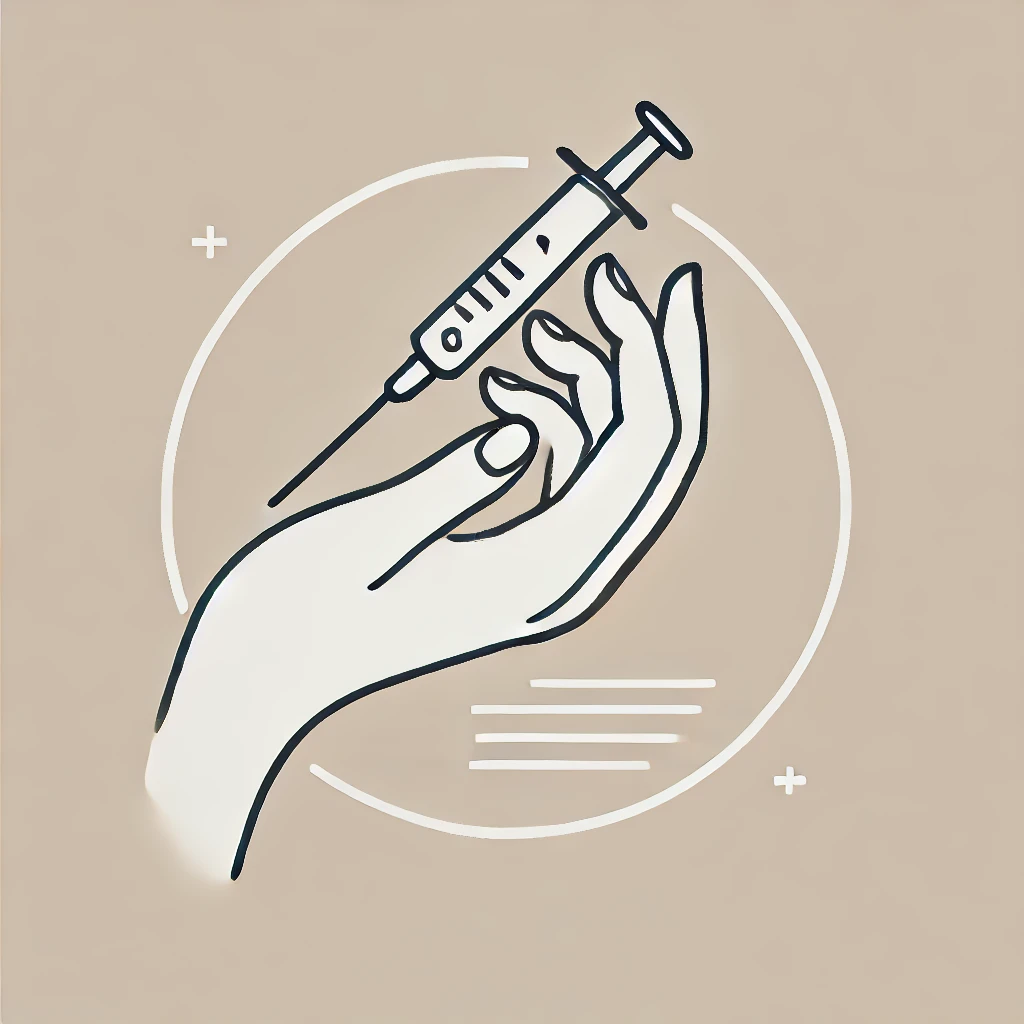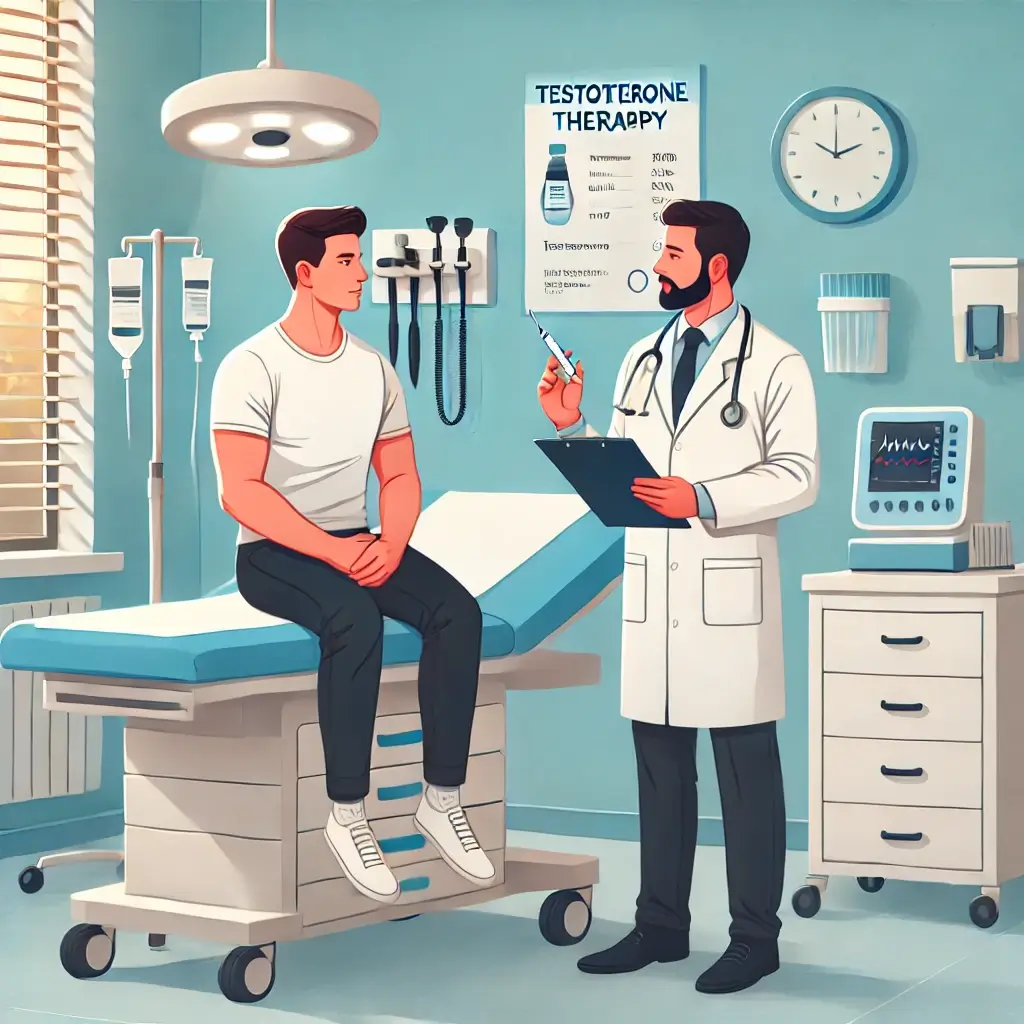When undergoing gender affirming mastectomy, managing testosterone use is an important aspect of preparation and recovery.
Testosterone therapy(HrT) plays a crucial role in gender transition, but adjustments may be necessary around the time of surgery to ensure optimal outcomes and minimize risks.

Why Is Testosterone Use Adjusted Around Surgery?
Testosterone can impact several physiological processes that are critical during surgery and recovery, including:
- Blood Clotting: Testosterone may increase the risk of blood clots, which can complicate surgical procedures.
- Bleeding Risks: Elevated testosterone levels might contribute to increased bleeding during surgery.
- Wound Healing: Proper wound healing requires a delicate balance of hormonal and metabolic factors, which can be affected by testosterone levels.
To address these concerns, surgeons often recommend pausing testosterone therapy before the procedure.
Pre-Surgery Guidelines
Our surgeon, Dr. Jeon advise stopping testosterone therapy a few weeks prior to surgery. The typical timeline includes:
- 2 to 4 Weeks Before Surgery: Testosterone therapy is usually discontinued. This timeframe allows the body to stabilize and reduces risks related to bleeding and clotting.
- Medical Clearance: Consult your endocrinologist or primary care provider before pausing testosterone. They can provide personalized guidance based on your overall health and treatment plan.
Post-Surgery Guidelines
Testosterone therapy can often be resumed after sufficient healing has occurred.
The timeline for resuming testosterone typically includes:
- 1 to 1 Weeks Post-Surgery: Many patients can restart testosterone therapy within this window, depending on their recovery progress.
- Follow-Up Appointments: Dr. Francis Jeon will evaluate your healing during follow-up visits and provide specific instructions on when it is safe to resume testosterone.
- Monitoring: Restarting testosterone should be monitored closely to ensure no complications, such as delayed wound healing or increased swelling, occur.
Communicating with Your Healthcare Team
Clear communication with your surgical team and healthcare providers is essential. Be sure to:
- Discuss Your Testosterone Schedule: Share your current testosterone regimen with your surgeon and endocrinologist.
- Plan for Adjustments: Work together to create a plan for pausing and resuming testosterone that aligns with your surgical and recovery needs.
- Report Concerns: Inform your healthcare team immediately if you experience unexpected symptoms or complications.
At Evita Clinic, we routinely perform sex hormone level tests on the day of surgery to ensure optimal safety and outcomes.
Post-surgery, our team will provide tailored advice regarding testosterone therapy and, if needed, can administer testosterone injections directly at Evita clinic.

Your Safety is Our Priority
At Evita Clinic, our goal is to provide comprehensive care tailored to your individual needs.
If you have any questions or concerns about testosterone use or the surgical process, our experienced team is here to guide you every step of the way.



![[FAQ] Can I Have Gynecomastia Surgery and Abdominal Liposuction at the Same Time?](https://evitaclinic.com/wp-content/uploads/2025/07/gyn_tummy_same-500x383.webp)

